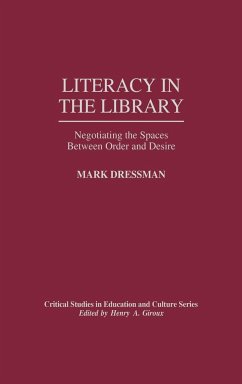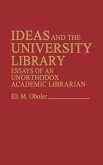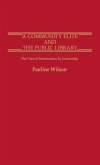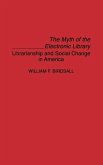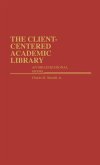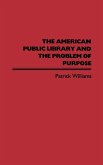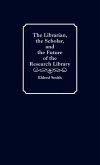This critical ethnography of school libraries contributes to the study of the politics of literacy at the elementary school level as well as provides an interesting case study of border crossing. The book interrogates two accounts of social reproduction and proposes a third. Students at working-poor Chavez Elementary resisted attempts to get them hooked on reading fiction, but while many were socialized to the labor of a piecework economy, many also found ways to use texts as they chose. At professional-managerial Crest Hills, students managed their discourse practices in ways that reproduced those of their office workplace, but their success was achieved at the expense of great anxiety about the future. At working-class Roosevelt, the librarians attended to the rhetoric of librarianship, but students reassembled knowledge on their own terms. A second project theorizes the school library as a geopolitical space, and critiques children's fiction and the social order that its texts help construct through a semiotic analysis of text classification within school libraries. An investigation of the origins of that system and of the ways of reading that it promotes-with particular attention to the history of the popular novel-describes the gender- and class-based politics of leisure reading.
Hinweis: Dieser Artikel kann nur an eine deutsche Lieferadresse ausgeliefert werden.
Hinweis: Dieser Artikel kann nur an eine deutsche Lieferadresse ausgeliefert werden.

